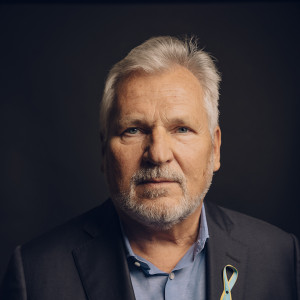Ukraine during and after the war
SPEAKERSAleksander Kwaśniewski
Position: President of the Republic of Poland between 1995–2005
 Registration - February 2024
Registration - February 2024

Position: President of the Republic of Poland between 1995–2005
Aleksander Kwasniewski
President of Poland (1995-2005)
Aleksander Kwasniewski is a former President of Poland. He served for two successive terms from 1995-2005.
Aleksander Kwaśniewski won the Polish presidential elections in December 1995, defeating incumbent Lech Walesa. One of Mr. Kwasniewski’s first great achievements was to bring about a new democratic Constitution in Poland, which became effective in July 1997. Highly popular in his country, he was re-elected in 2000 for a second and final five-year term. During his Presidency, he played a key role in the reconciliation between the Poles and the German, the Jewish and the Ukrainian people. He further inspired the international mediation efforts during the 2004 Orange Revolution in Ukraine, helping the young democracy to prevail. Finally, he also was a strong advocate of EU and NATO integration, and made Poland join both institutions during his tenure.
Mr. Kwasniewski was appointed Distinguished Scholar in the Practice of Global Leadership at Georgetown University, where, as a visiting faculty member, he teaches students in the Edmund A. Walsh School of Foreign Service. Until November 2013,
Mr. Kwaśniewski co-lead the European Parliament monitoring mission in Ukraine to monitor the criminal cases against Yulia Tymoshenko, Yuriy Lutsenko and Valeriy Ivaschenko. He is a member of the Atlantic Council of the United States, Chairman of the Board of Yalta European Strategy, Founder of the Amicus Europae Foundation, member of Club de Madrid and of the Global Commission on Drug Policy, Member of Supervisory Board of the Foundation and the Babyn Yar Holocaust Memorial Center. Since 2019
Mr. Kwasniewski is a Member of the International Advisory Council (IAC) to Uzbekistan. In 2020 he become a Chair of the Eastern Europe and Central Asia Commission on Drugs.

You watching archival version of European Economic Congress
What you can do:
Go to the current edition page or Continue browsing